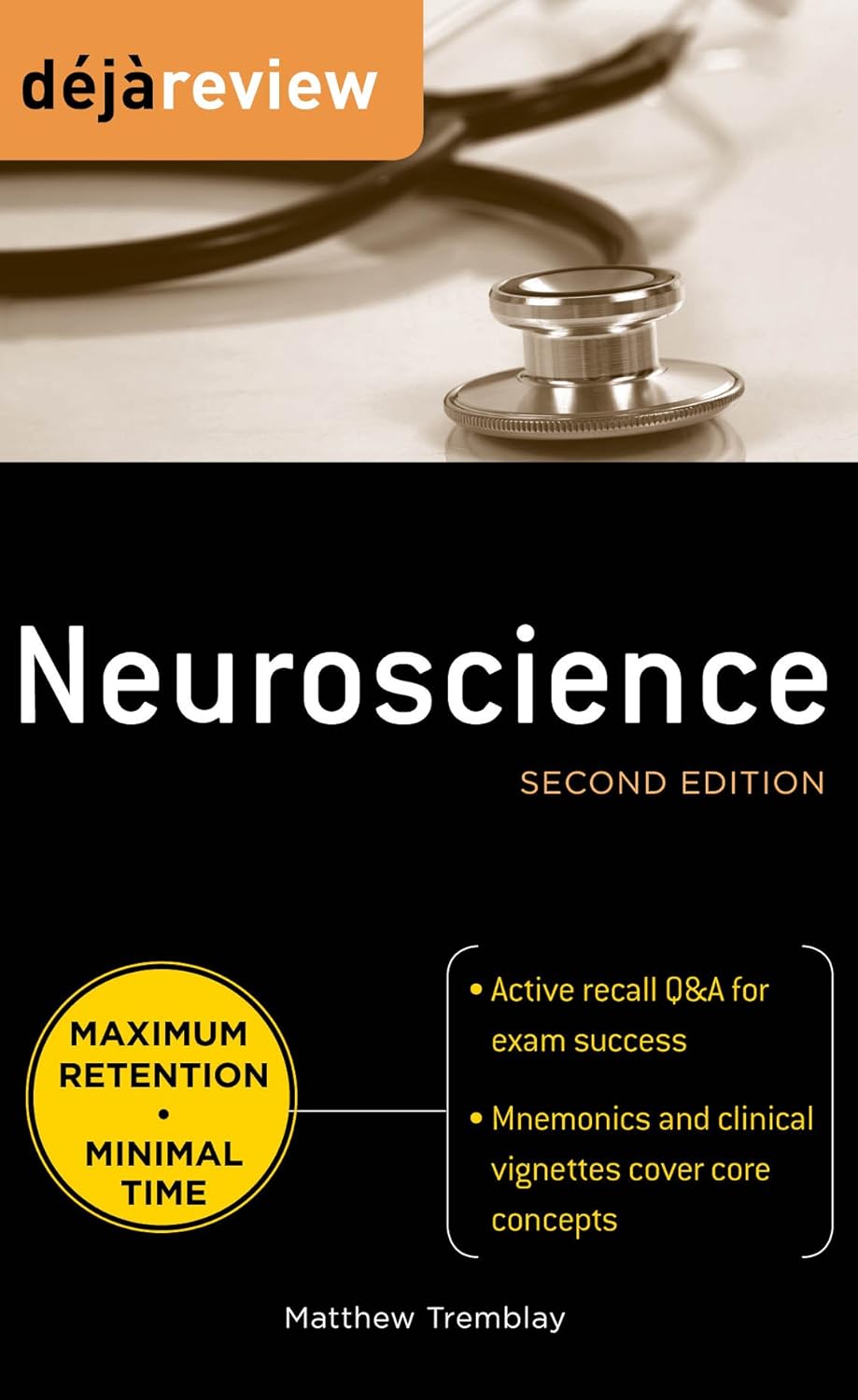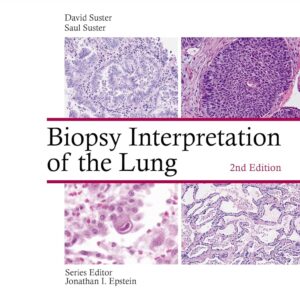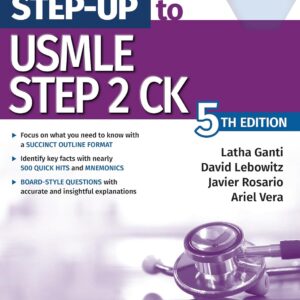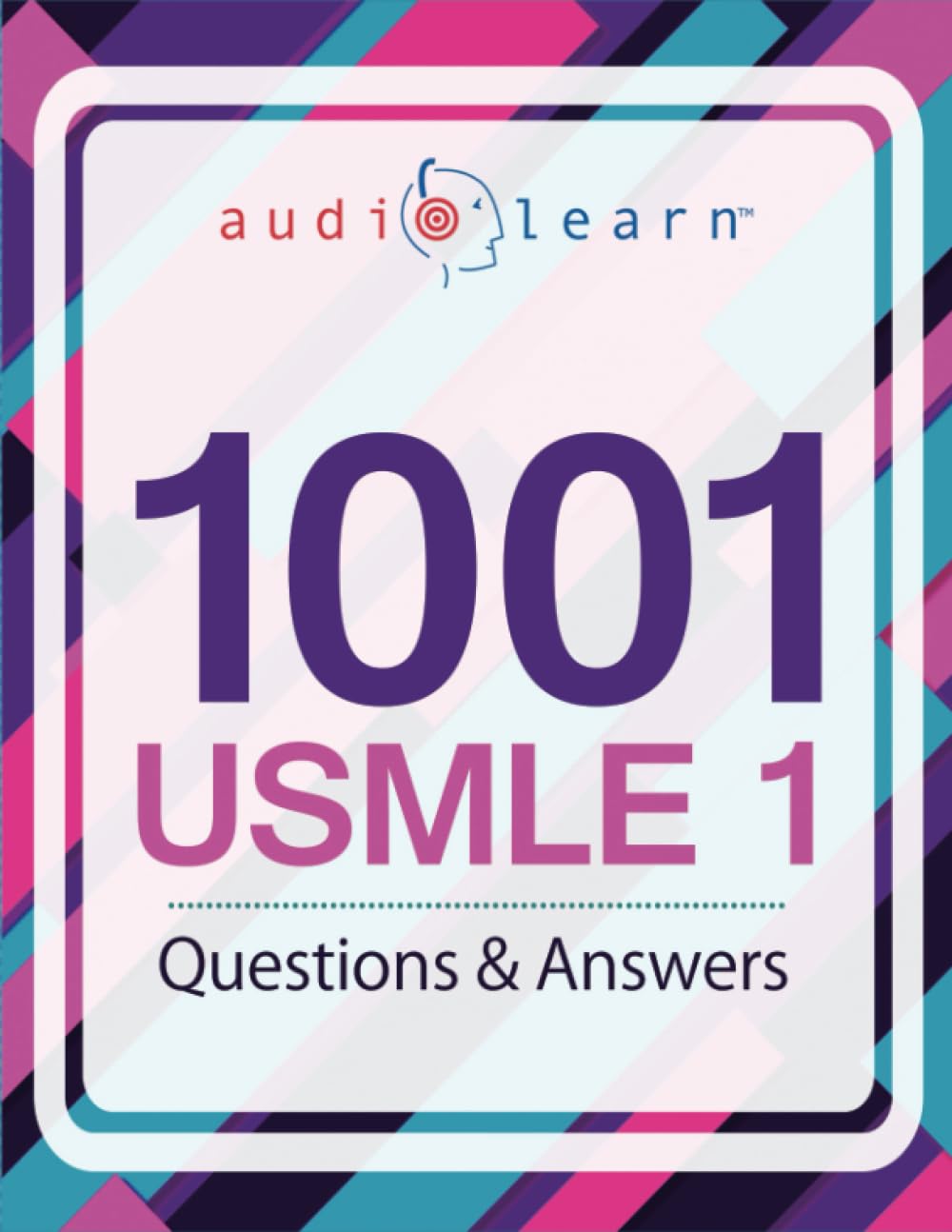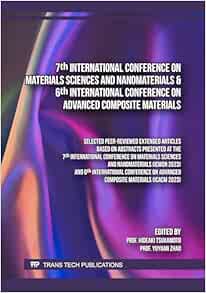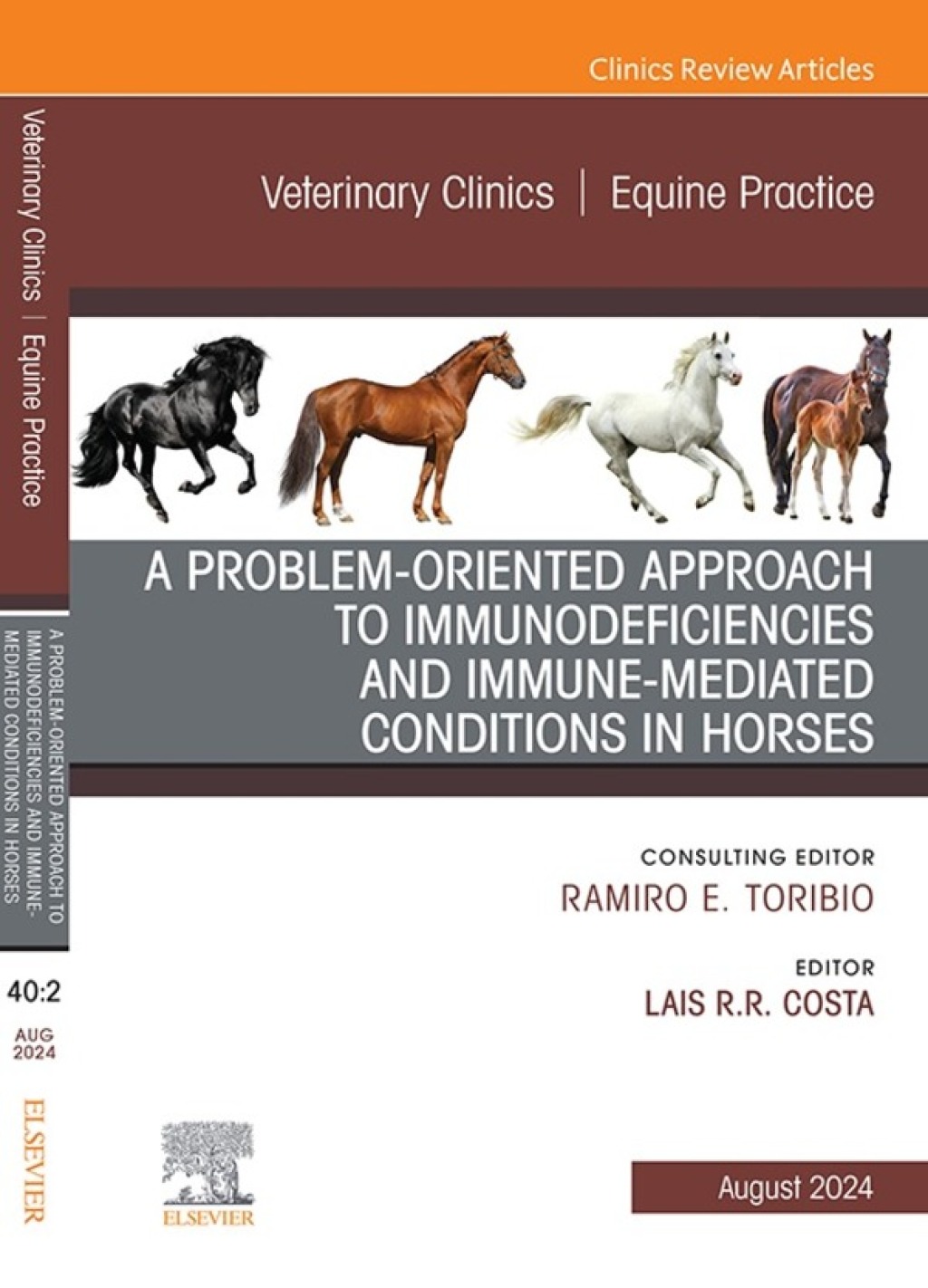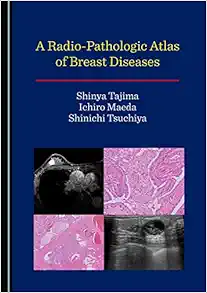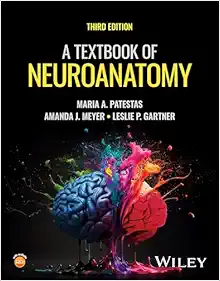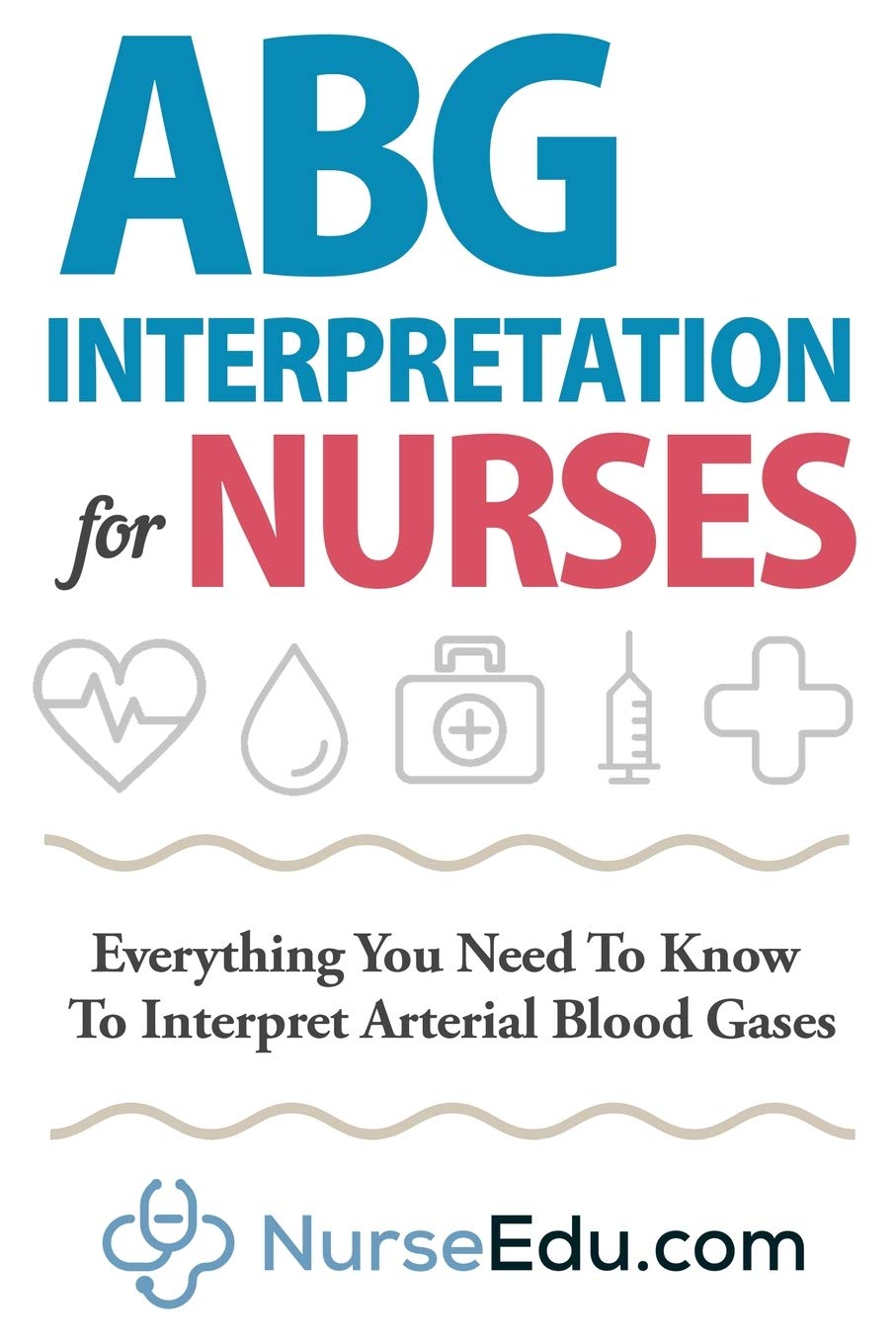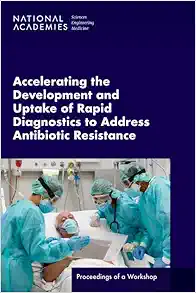Deja Review Neuroscience, Second Edition
B003XVYE6Y
Product content
Sales HandleThis high-yield, rapid-fire Q&A book simulates flashcards in a book to help first and second year medical students review neuroscience for their course exams as well as prepare for the USMLE Step 1. About the BookThe Deja Review series helps you Remember what you already know; the flashcard format helps medical students recall the most important, must-know facts and concepts covered in their course work for neuroscience. This rapid-fire question and answer review book allows students to quickly navigate through the information needed for their course exams and USMLE Step 1. Active recall questions reinforce correct answers to enhance learning – not just passive memorization.Neuroscience is a required course in many medical schools, some consider it one of the most difficult, and heavily covered on USMLE Step 1. Mnemonics and keywords sprinkled throughout the text facilitate focus on core facts, while clinical vignettes at the end of each chapter allow students to reflect on the topic they have just read.This book will publish with seven other basic science books in the Deja Review series, along with USMLE Step1 and USMLE Step 2 review books for a total of 10 new editions of Deja Review in 2010.BBD: 6/18/2010In-Store Date: 7/1/2010Pub Month: July 2010FeaturesActive recall Q&A format simulates flashcards in a book.Keywords and mnemonics highlighted throughout the text.High-Yield diagrams.Content integrated across organ systems to help students understand clinical presentation of basic neuroscience.Clinical vignette review questions at the end of each chapter.Contributions by med students who just aced the USMLE Step 1.Two column format allows for flashcard use of Q and AUSMLE-format vignettes at the end of each chapter provide review of material covered in a clinical presentation.Clinical correlations of basic science throughout the text help students prepare for course work and board examsContent complements other review material and works in conjunction with other larger course books.Portable size for use on the goChapters written by med students ensures the most up-to-date coverage of content actually covered on course exam and USMLEMarket/AudiencePrimary Market: First and second year US and Canadian medical students preparing for USMLE Step 1: 17,000Secondary Market: International MD USMLE Step 1 test-takers: 16,000 DO Students USMLE Step 1 test-takers: 1,500Author ProfileMatthew Tremblay (Bronx, NY) is a MD / PhD candidate at Albert Einstein College of Medicine, Bronx, NY with a concentration: Alzheimer’s Disease PathogenesisReviews”I liked the format of the a lot and it made me a bit disappointed that I didn’t try to sue the other books from the series. I like learning from the short question/vignette followed by answer format and this book is a great example.” — Eric Chanowski, University of Michigan” I would recommend this book to my classmates, and in fact have already recommended the series to student who will begin medical school this fall.” — Joshua Lynch, Lake Erie College of Osteopathic Medicine
About the BookThe Deja Review series helps you Remember what you already know; the flashcard format helps medical students recall the most important, must-know facts and concepts covered in their course work for neuroscience. This rapid-fire question and answer review book allows students to quickly navigate through the information needed for their course exams and USMLE Step 1. Active recall questions reinforce correct answers to enhance learning – not just passive memorization.
Neuroscience is a required course in many medical schools, some consider it one of the most difficult, and heavily covered on USMLE Step 1. Mnemonics and keywords sprinkled throughout the text facilitate focus on core facts, while clinical vignettes at the end of each chapter allow students to reflect on the topic they have just read.
This book will publish with seven other basic science books in the Deja Review series, along with USMLE Step1 and USMLE Step 2 review books for a total of 10 new editions of Deja Review in 2010.
BBD: 6/18/2010In-Store Date: 7/1/2010Pub Month: July 2010
Features
Active recall Q&A format simulates flashcards in a book.
Active recall Q&A format simulates flashcards in a book.
Keywords and mnemonics highlighted throughout the text.
Keywords and mnemonics highlighted throughout the text.
High-Yield diagrams.
High-Yield diagrams.
Content integrated across organ systems to help students understand clinical presentation of basic neuroscience.
Content integrated across organ systems to help students understand clinical presentation of basic neuroscience.
Clinical vignette review questions at the end of each chapter.
Clinical vignette review questions at the end of each chapter.
Contributions by med students who just aced the USMLE Step 1.
Contributions by med students who just aced the USMLE Step 1.
Two column format allows for flashcard use of Q and A
Two column format allows for flashcard use of Q and A
USMLE-format vignettes at the end of each chapter provide review of material covered in a clinical presentation.
USMLE-format vignettes at the end of each chapter provide review of material covered in a clinical presentation.
Clinical correlations of basic science throughout the text help students prepare for course work and board exams
Clinical correlations of basic science throughout the text help students prepare for course work and board exams
Content complements other review material and works in conjunction with other larger course books.
Content complements other review material and works in conjunction with other larger course books.
Portable size for use on the go
Portable size for use on the go
Chapters written by med students ensures the most up-to-date coverage of content actually covered on course exam and USMLE
Chapters written by med students ensures the most up-to-date coverage of content actually covered on course exam and USMLE
DO Students USMLE Step 1 test-takers: 1,500
Author ProfileMatthew Tremblay (Bronx, NY) is a MD / PhD candidate at Albert Einstein College of Medicine, Bronx, NY with a concentration: Alzheimer’s Disease Pathogenesis
Reviews”I liked the format of the a lot and it made me a bit disappointed that I didn’t try to sue the other books from the series. I like learning from the short question/vignette followed by answer format and this book is a great example.” — Eric Chanowski, University of Michigan
” I would recommend this book to my classmates, and in fact have already recommended the series to student who will begin medical school this fall.” — Joshua Lynch, Lake Erie College of Osteopathic Medicine

